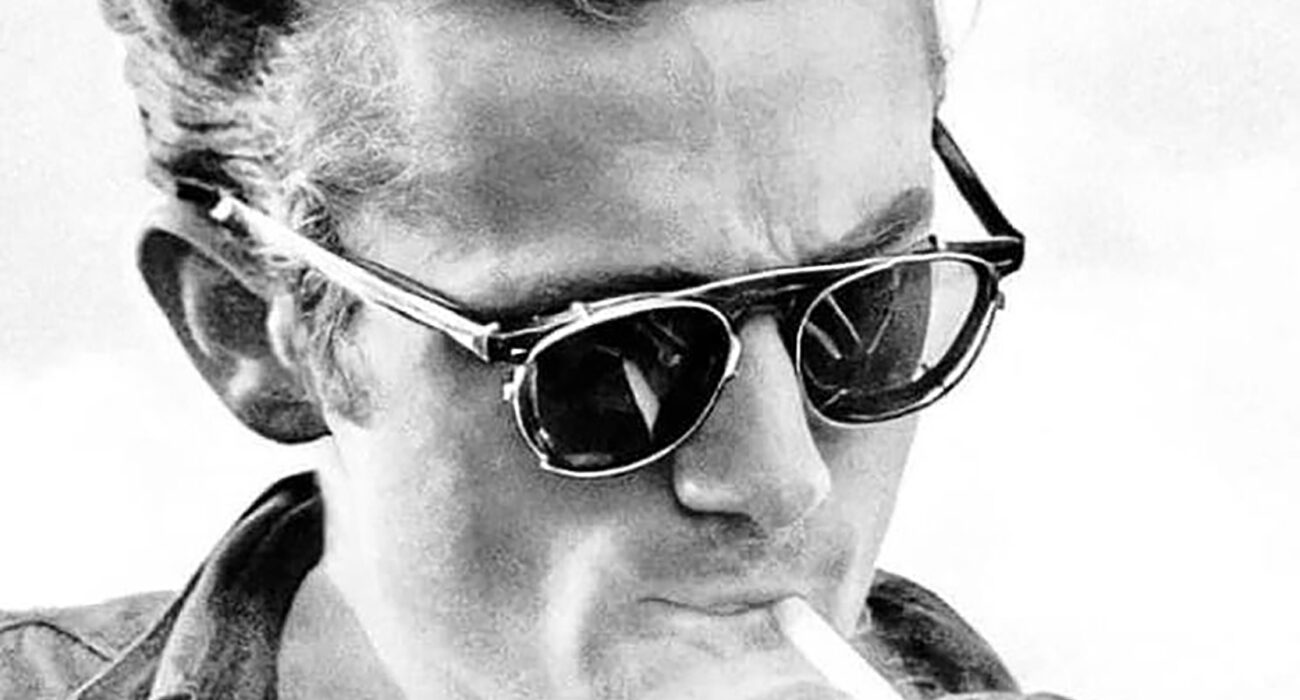History of Iconic Marlboro Cigarettes: When Smoking Was a Status Symbol
Few brands in the world are as instantly recognizable as Marlboro. More than just a cigarette, Marlboro became a cultural icon — a symbol of rugged independence, cool rebellion, and social status. But how did a brand once marketed to women become one of the most powerful masculine images in advertising history? Let’s dive into the fascinating history of Marlboro cigarettes and the era when smoking itself was a status symbol.
Marlboro’s Beginnings: A Brand for Sophisticated Women
Marlboro was first introduced in 1924 by Philip Morris & Co. (now Philip Morris International) as a cigarette “for women.” Its slogan, “Mild As May,” emphasized the cigarette’s gentle flavor and featured sophisticated women in its advertising campaigns. To appeal to this audience, the cigarette even had a special red band around the filter to hide lipstick stains.
Despite these efforts, Marlboro remained a relatively minor player in the cigarette market during its early years. The brand was mostly overshadowed by bigger names like Lucky Strike and Camel, which dominated smoking culture at the time.
A Bold Reinvention: The Birth of the Marlboro Man
Everything changed in the 1950s. After medical studies began linking smoking to serious health issues, filtered cigarettes gained popularity, as consumers saw them as a “healthier” option. Sensing an opportunity, Philip Morris repositioned Marlboro — this time, not for women, but for rugged, masculine men.
Enter the Marlboro Man — one of the most successful advertising icons in history.
The Marlboro Man campaigns depicted strong, stoic cowboys riding through vast American landscapes, cigarette in hand. The imagery was simple but powerful: freedom, toughness, and resilience. Overnight, Marlboro became synonymous with masculinity and adventure. Sales skyrocketed, and by the 1970s, Marlboro had become the best-selling cigarette brand in the world.
Smoking as a Status Symbol
During the mid-20th century, smoking wasn’t just common — it was fashionable. Holding a cigarette, especially a Marlboro, projected an image of sophistication, success, and rebellion. Celebrities, politicians, and everyday workers alike were often seen with a cigarette between their fingers.
Lighting up a Marlboro wasn’t simply about satisfying a craving; it was a statement. It suggested you were bold, independent, and lived by your own rules. Owning a pack of Marlboros carried weight — much like wearing an expensive watch or driving a luxury car today.
In the world of movies, advertisements, and popular culture, the cigarette became a powerful symbol of “cool.” Actors like James Dean, Steve McQueen, and Paul Newman — all Marlboro smokers — further reinforced this glamorous, untouchable image.
Marlboro’s Global Expansion
As Marlboro grew, it expanded its reach beyond the United States into international markets. The cowboy icon — representing rugged Americana — appealed not just to Americans but to audiences around the world who associated the image with freedom and aspiration.
By the late 20th century, Marlboro wasn’t just a cigarette brand — it was a global lifestyle brand, sponsoring everything from rodeos to Formula 1 racing.
Changing Times: Health Awareness and Restrictions
Starting in the 1980s and accelerating into the 21st century, attitudes toward smoking began to shift dramatically. Public health campaigns, government regulations, and smoking bans changed the cultural landscape. Smoking lost much of its social prestige, and advertising for cigarettes was heavily restricted.
Despite these changes, Marlboro remains an iconic brand, and the image of the Marlboro Man is etched into advertising history. Even today, many people associate Marlboro with a bygone era when smoking was considered glamorous, rebellious, and cool.
Final Thoughts
The story of Marlboro cigarettes is not just about marketing brilliance — it’s about how smoking once stood at the center of fashion, independence, and status. Marlboro captured the spirit of its time perfectly, turning a simple cigarette into a symbol of power, ruggedness, and freedom.
While society’s view of smoking has evolved, the legend of Marlboro — and the Marlboro Man — lives on, reminding us of a time when lighting a cigarette was seen as the ultimate expression of identity and style.


